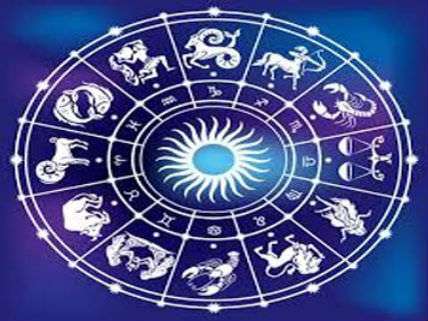Epidemiology Makes Astrology Look Respectable
Sitting all day will kill you. Well, maybe not.

All right, the headline is harsh, but scanning the epidemiological literature one can generally find that some researcher somewhere has found a deleterious outcome associated with nearly any human activity or nearly any trace exposure to some substance or other.
Earlier this year, a review article in the Annals of Internal Medicine reported that among other bad outcomes found in a bunch of mostly case-control studies that sitting all day at a desk job increased your risk of dying with a hazard ratio of 1.22 and 95 percent confidence interval of 1.090 to 1.410. Time to get a desk with an attached treadmill. Well, maybe not.
Last week, a new study in the International Journal of Epidemiology that took into account the sitting habits of a cohort of British subjects for 16 years reported:
Sitting time was not associated with all-cause mortality risk. The results of this study suggest that policy makers and clinicians should be cautious about placing emphasis on sitting behaviour as a risk factor for mortality that is distinct from the effect of physical activity.
As I have reported elsewhere:
It is not easy to sort actual risk factors from the statistical background noise of confounders and biases. "With epidemiology you can tell a little thing from a big thing. What's very hard to do is to tell a little thing from nothing at all," said Michael Thun, an American Cancer Society epidemiologist in 1995. Former Boston University epidemiologist Samuel Shapiro agrees: "In adequately designed studies we can be reasonably confident about big relative risks, sometimes; we can be only guardedly confident about relative risks estimates of the order of 2.0, occasionally; we can hardly ever be confident about estimates of less than 2.0, and when estimates are much below 2.0, we are simply out of business. Epidemiologists have only primitive tools, which for small relative risks are too crude to enable us to distinguish between bias, confounding and causation." …
"Some may argue that it is of public health importance to identify and evaluate possible causal implications of small relative risks because for common diseases these can translate into large absolute risks," writes Shapiro. But as he cautions his colleagues, "Unfortunately, however, not all questions are answerable even if we desperately want answers, and public health importance does not equate with scientific validity."
The benefits of exercise are pretty well established and we (and by "we" I do include "me" too) should all move around a bit more. But being chained to your desk is not all that likely to send you to an early grave.


Show Comments (41)